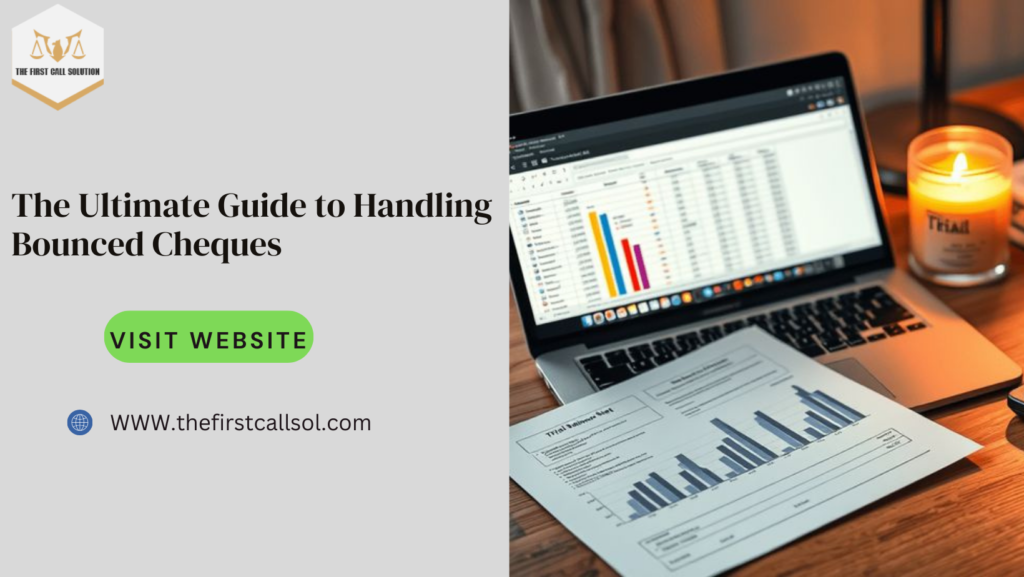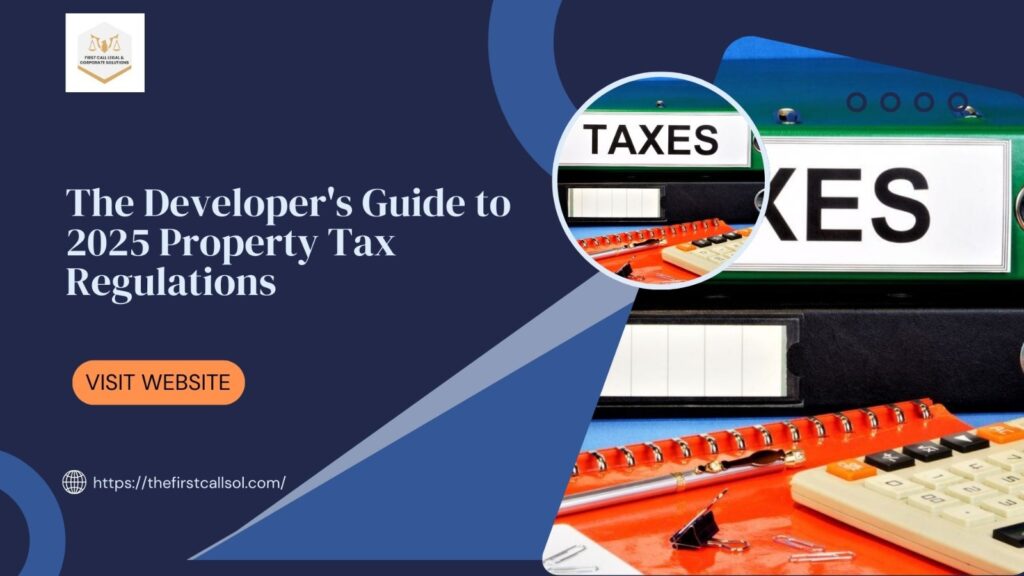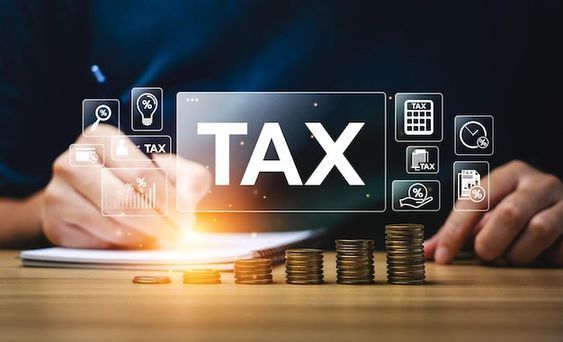The Ultimate Guide to Handling Bounced Cheques
Table of Contents Introduction Attention: The Ultimate Guide to Handling Bounced Cheques Have you ever deposited a cheque only to find out that it has bounced, causing financial setbacks and legal concerns? A bounced cheque can be more than just an inconvenience—it can lead to penalties, strained business relationships, and even legal repercussions. Problem: Cheque bounce cases are common but often mishandled due to a lack of understanding of the legal and financial implications. Many individuals and businesses struggle with recovering funds, navigating legal action, and preventing future cheque bounce incidents. Promise: The Ultimate Guide to Handling Bounced Cheques This ultimate guide will walk you through the entire cheque bounce handling process, including legal consequences, best practices for resolution, and preventive measures to avoid similar situations. Proof: By implementing the strategies outlined in this guide, you can minimize financial risks, maintain credibility, and ensure compliance with banking and legal standards. Plus, with expert support from TheFirstCallSol, you can streamline legal and financial dispute resolution effortlessly. Bridge: Let’s dive into the details of what a bounced cheque is, why it happens, and how you can handle and prevent such situations with confidence. Understanding Bounced Cheques What is a Bounced Cheque? A bounced cheque occurs when a bank refuses to honor a cheque due to insufficient funds, account closure, or other banking restrictions. This results in the cheque being returned unpaid to the depositor, causing potential financial and legal complications. Common Reasons for Cheque Bounce Legal Consequences of Bounced Cheques Bounced cheques can lead to severe legal implications, including: Steps to Take When a Cheque Bounces 1. Contacting the Issuer Immediately inform the cheque issuer about the issue and request a resolution. A bounced cheque can often be resolved amicably if the issuer agrees to fund their account and reissue the payment. 2. Re-Presenting the Cheque If the issue was due to insufficient funds, try re-presenting the cheque after confirming that the account has enough balance. 3. Legal Action and Recovery If the issuer refuses to settle the payment: Preventive Measures to Avoid Bounced Cheques To prevent cheque-related issues, consider these best practices: TheFirstCallSol: Your Trusted Partner in Financial Compliance TheFirstCallSol provides businesses and individuals with expert solutions to handle financial disputes, including bounced cheques. Their services include: FAQs 1. What should I do if my cheque bounces due to insufficient funds? You should immediately fund your account and request the payee to re-present the cheque. 2. Can I be jailed for a bounced cheque? In many countries, cheque bounce cases can lead to criminal charges, fines, or even imprisonment, depending on the severity of the case. 3. How can TheFirstCallSol help in cheque bounce cases? TheFirstCallSol provides automated legal notice drafting, legal consultation, and financial tracking tools to help individuals and businesses manage cheque bounce cases effectively. 4. Can I stop a cheque payment if I realize an issue? Yes, you can request a stop payment order from your bank before the cheque is processed. Conclusion Handling a bounced cheque efficiently requires prompt action, legal awareness, and preventive financial habits. By understanding the causes and legal consequences, individuals and businesses can minimize risks and take necessary steps for resolution. With the help of TheFirstCallSol, managing cheque bounce disputes becomes easier, ensuring financial stability and compliance with legal norms.
The Ultimate Guide to Handling Bounced Cheques Read More »






